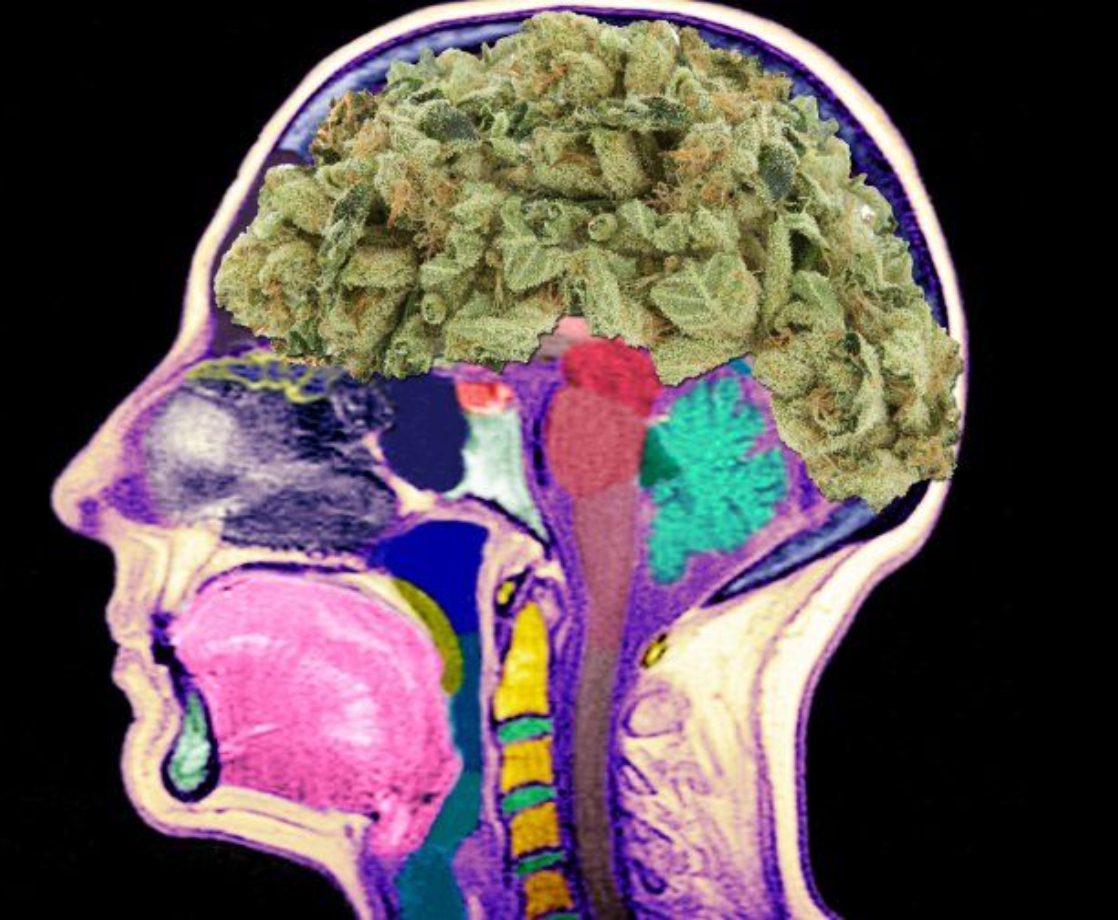HIV and aging share one thing in common: They can both irreparably damage the nervous system. But cannabis may, potentially, halt both aging and HIV in their tracks when it comes to a deteriorating human brain.
A new study recently published in the Journal of Acquired Immunity Deficiency Syndrome found that HIV patients who consumed cannabis showed significantly less cognitive impairment compared to HIV patients who didn’t.
Here’s how the study went down. The researchers collected data from 679 people living with HIV and 273 people who didn’t have HIV. Participants’ ages ranged from 18- to 79-years-old. The researchers then assessed each participant to see how well their brain worked, their general state of health, and what kinds of drugs they were currently taking — FDA-approved or otherwise.
By the end of it, the researchers found that regular cannabis consumers living with HIV were at a 53 percent lower risk of developing cognitive impairments compared to people living with HIV who didn’t partake.
How could our favorite flower profoundly impact a disease that modern medicine still hasn’t found a (feasible) cure for? The researchers in the latest study concluded, “A possible mechanism of this result is the anti-inflammatory effect of cannabis, which may be particularly important” for people living with HIV. They noted that “further investigations are needed” to better understand how cannabis could work as a neuroprotective HIV medication.
HIV can cause neural degeneration, even though the virus solely targets human immune cells, not our nerves or brain cells. But HIV’s presence in the brain triggers inflammation due to toxins released by both the virus and the immune cells it destroys. Our neurons are incredibly fragile, and constant inflammation in the brain will cause those neurons to degenerate and eventually die. HIV-associated neurocognitive disorders, or HANDs, can permanently impair memory, motor coordination, natural reflexes, speech, and emotional regulation.
If a HAND progresses even further, it can develop into AIDS dementia complex (ADC), a condition that’s kind of like a cross between Parkinson’s and Alzheimer’s, both of which usually only affect aging populations. At the end stages of ADC, the individual essentially slides into a vegetative state, paralyzed and likely unable to communicate with others.
However, in industrialized countries such as the US, readily available anti-retroviral drugs can stop HIV from developing into AIDS — assuming the individual can afford the medications, that is. But seeing as cannabis is known to control several other HIV/AIDS symptoms, receiving additional neuroprotective benefits in one small, joint-sized package should qualify weed as an essential part of the standard HIV/AIDS pharmaceutical regimen.











